Consumer Psychology & Marketing - Consumer Behavior Analysis

Welcome! Let's unlock the power of consumer psychology together.
Unveiling Consumer Minds with AI
How can psychological principles improve...
What are the best strategies to leverage consumer behavior in...
Explain the impact of cognitive biases on...
How can businesses use social proof to...
Get Embed Code
Introduction to Consumer Psychology & Marketing
Consumer Psychology & Marketing is designed to delve into the underlying psychological mechanisms that influence consumer behaviors, preferences, and decisions. It focuses on applying psychological theories and principles to marketing strategies, aiming to help businesses better understand their customers and optimize their marketing efforts. For example, this specialized approach could be used to analyze how emotional appeals in advertising can affect consumer purchasing decisions, or how social proof (the tendency to see an action as more appropriate when others are doing it) can be leveraged to increase product endorsements. Powered by ChatGPT-4o。

Main Functions of Consumer Psychology & Marketing
Behavioral Analysis
Example
Using principles of behavioral psychology to evaluate how different sales promotions (like discounts or limited-time offers) influence shopping behavior.
Scenario
A retail company might use insights from Consumer Psychology & Marketing to design an advertising campaign that taps into scarcity effects, encouraging quicker purchase decisions by highlighting limited availability.
Customer Segmentation
Example
Applying psychographic segmentation to categorize customers based on their values, attitudes, and lifestyles.
Scenario
A fashion brand could use Consumer Psychology & Marketing to create tailored marketing campaigns that resonate with different segments, such as eco-conscious consumers versus those driven by the latest trends.
Brand Perception Analysis
Example
Exploring how consumers perceive a brand emotionally and rationally, and how this affects their loyalty and advocacy.
Scenario
An automobile manufacturer might leverage Consumer Psychology & Marketing to understand and enhance how consumers feel about their brand compared to competitors, potentially leading to improved brand loyalty and customer retention.
Ideal Users of Consumer Psychology & Marketing Services
Marketing Professionals
These include strategists, brand managers, and advertising executives who require deep insights into consumer behavior to craft effective marketing strategies.
Entrepreneurs and Small Business Owners
Startups and smaller enterprises that need to establish a strong market presence quickly and efficiently, benefiting from understanding psychological drivers of consumer actions.
Product Developers
Individuals involved in product design and development who can utilize consumer psychology insights to enhance product appeal and user experience.

How to Use Consumer Psychology & Marketing
Start Free Trial
Visit yeschat.ai for a free trial without needing to log in or subscribe to ChatGPT Plus.
Identify Objectives
Define your marketing objectives and key performance indicators (KPIs) to align the insights provided with your strategic goals.
Explore Topics
Utilize the tool to explore specific topics in consumer psychology, such as buying behavior, consumer motivations, or the impact of branding on consumer choice.
Apply Insights
Apply the psychological insights provided by the tool to tailor your marketing strategies, enhance customer engagement, and optimize communication campaigns.
Evaluate Results
Regularly assess the effectiveness of the strategies implemented based on the insights from this tool, and adjust your approaches as necessary.
Try other advanced and practical GPTs
Family Consumer Science
Empowering families with AI-driven insights.
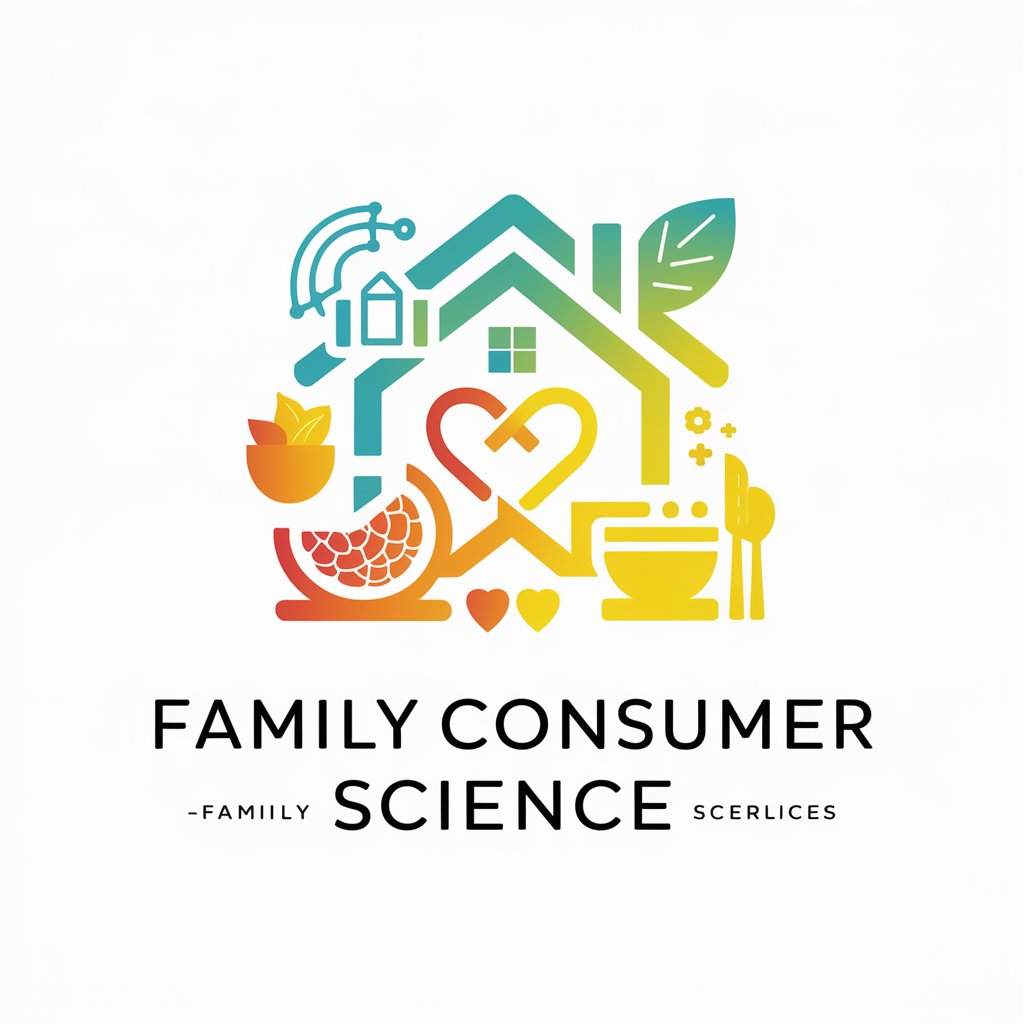
Consumer Guardian
Empowering Consumers with AI
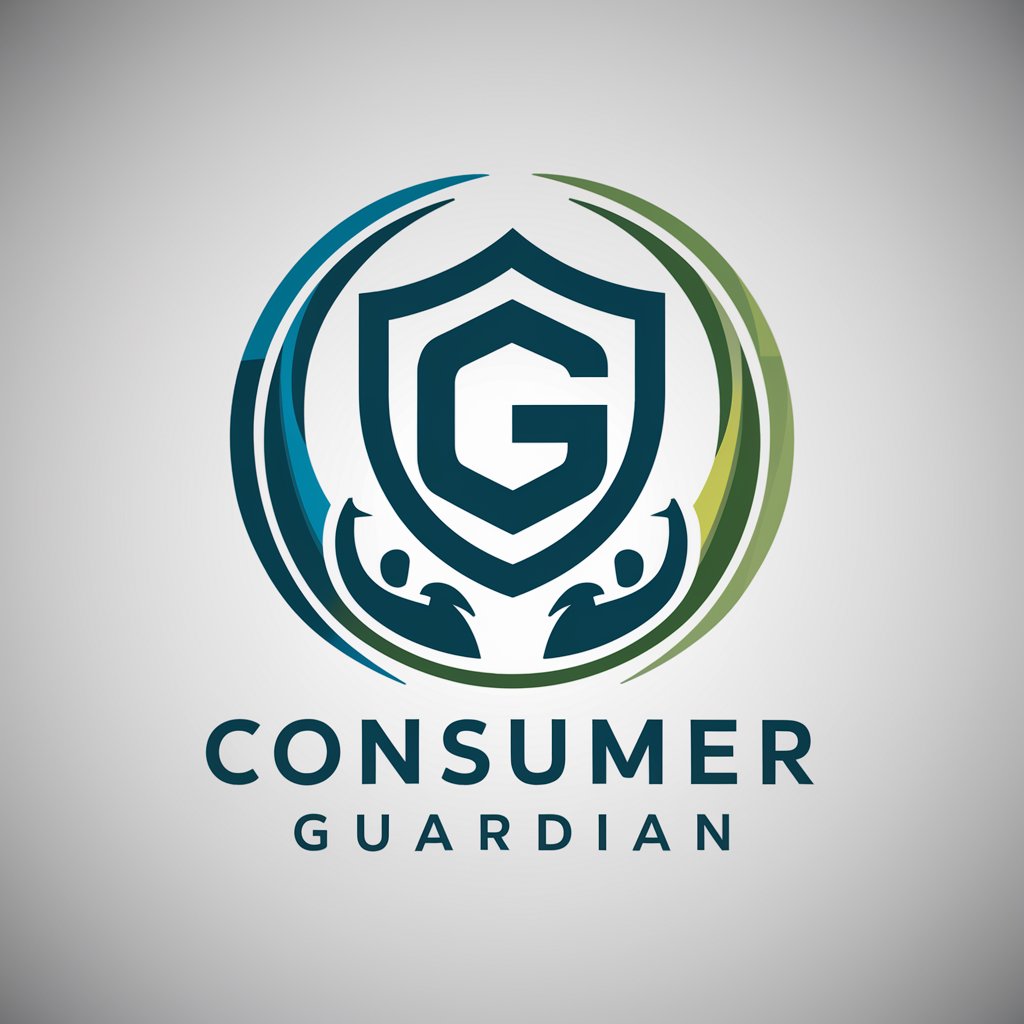
Student - Consumer Behavior
Unlocking Consumer Minds with AI
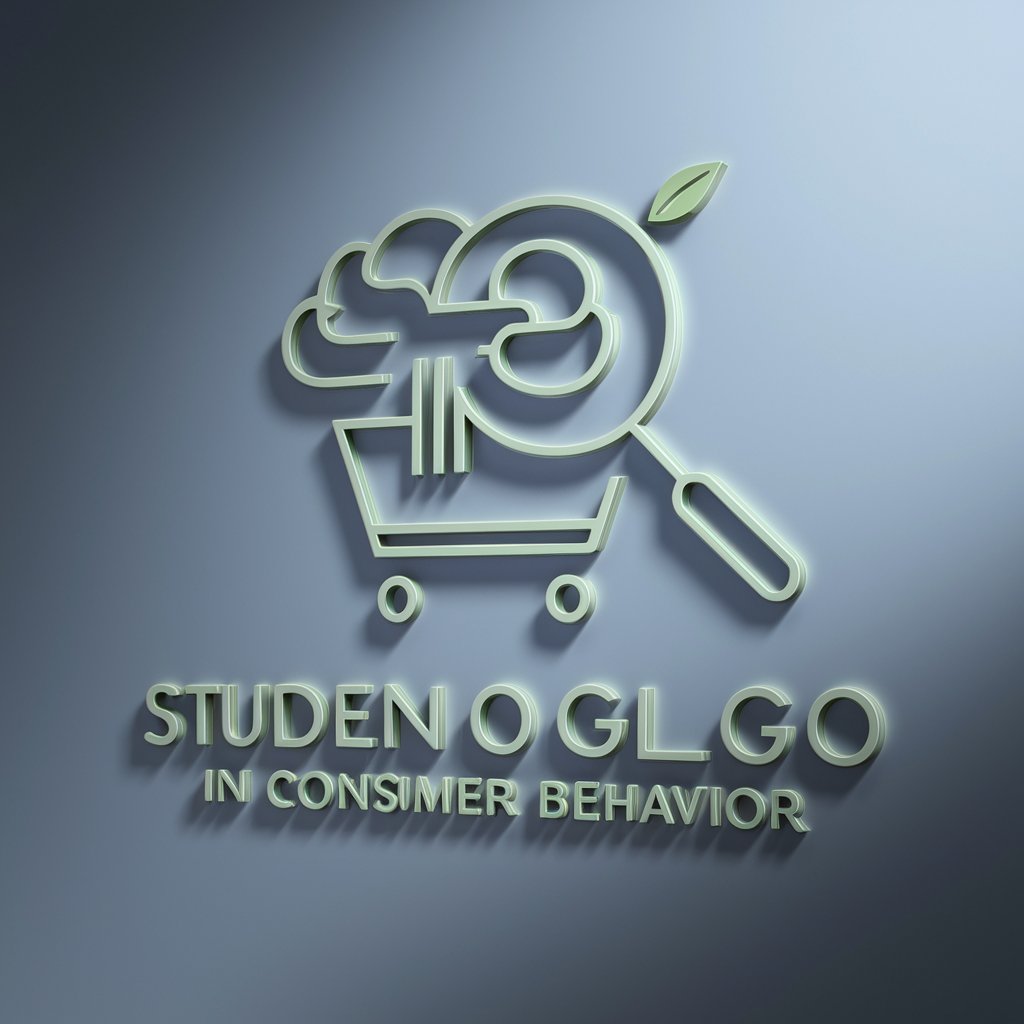
Pool Pro Advisor
Tailored Advice for Your Pool's Health
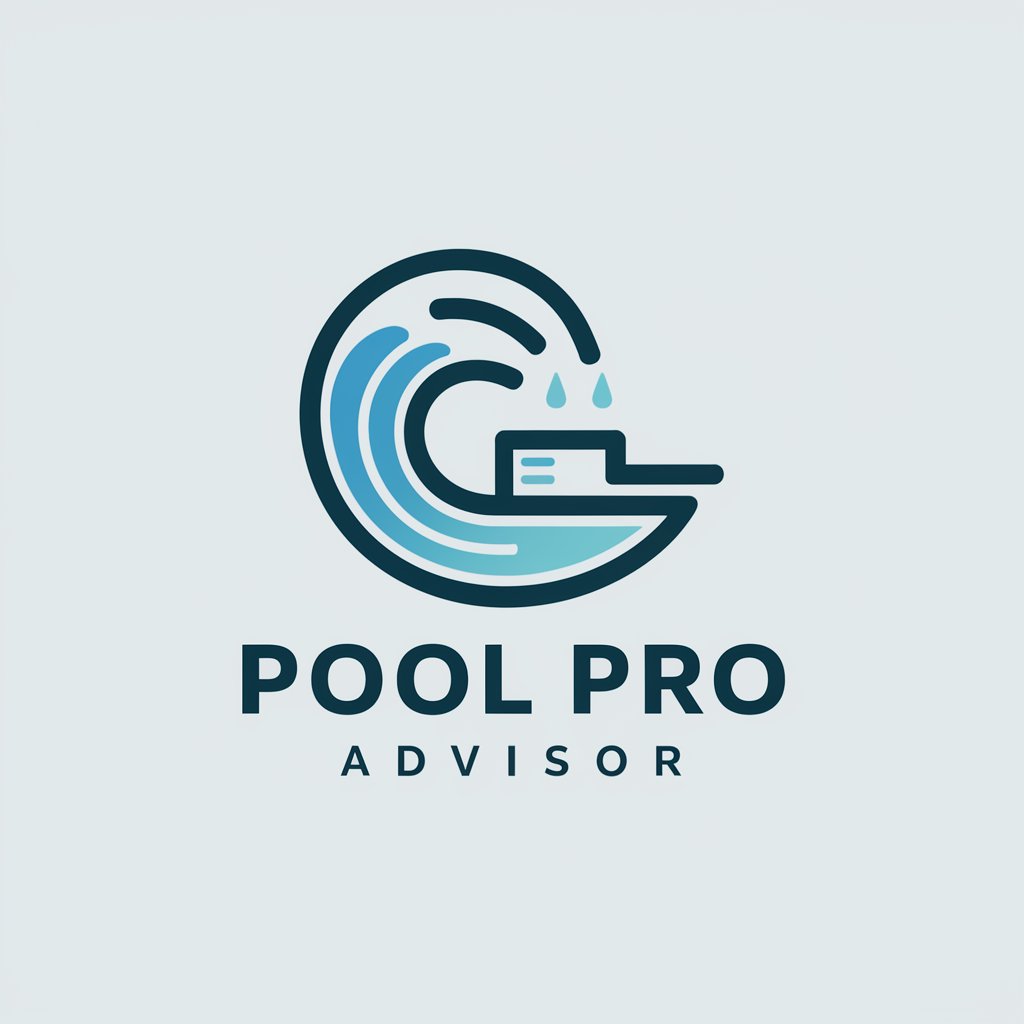
Pool Assistant
AI-Powered Pool Care Solutions

Pool Care Assistant
Smart AI for Your Pool Needs
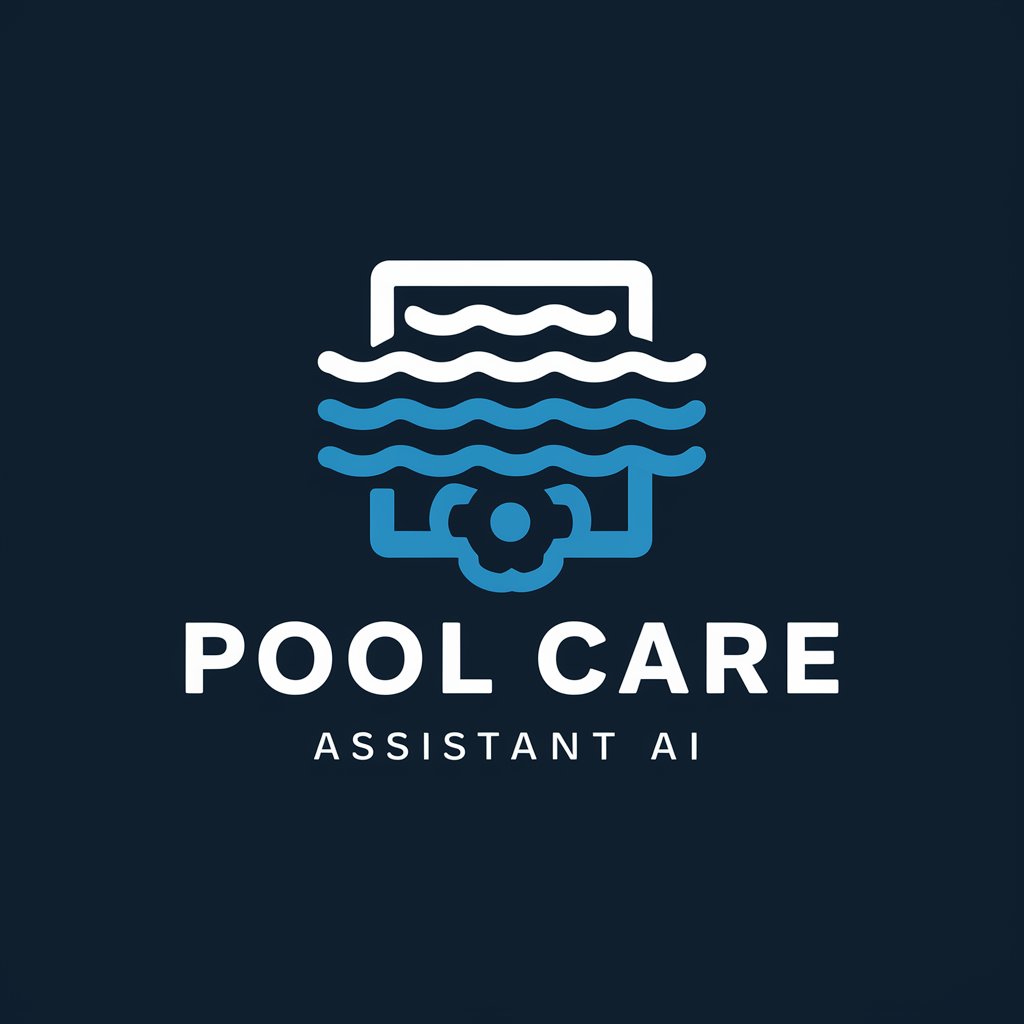
Consumer Shield
Empowering Fair Treatment with AI

@Consumer Advocate💡
Empowering consumers with AI-driven legal insights

ArbitrationNavigator (Consumer)
Navigate disputes with AI precision.

Consumer Tech Growth Hacker
Empowering growth with AI insights
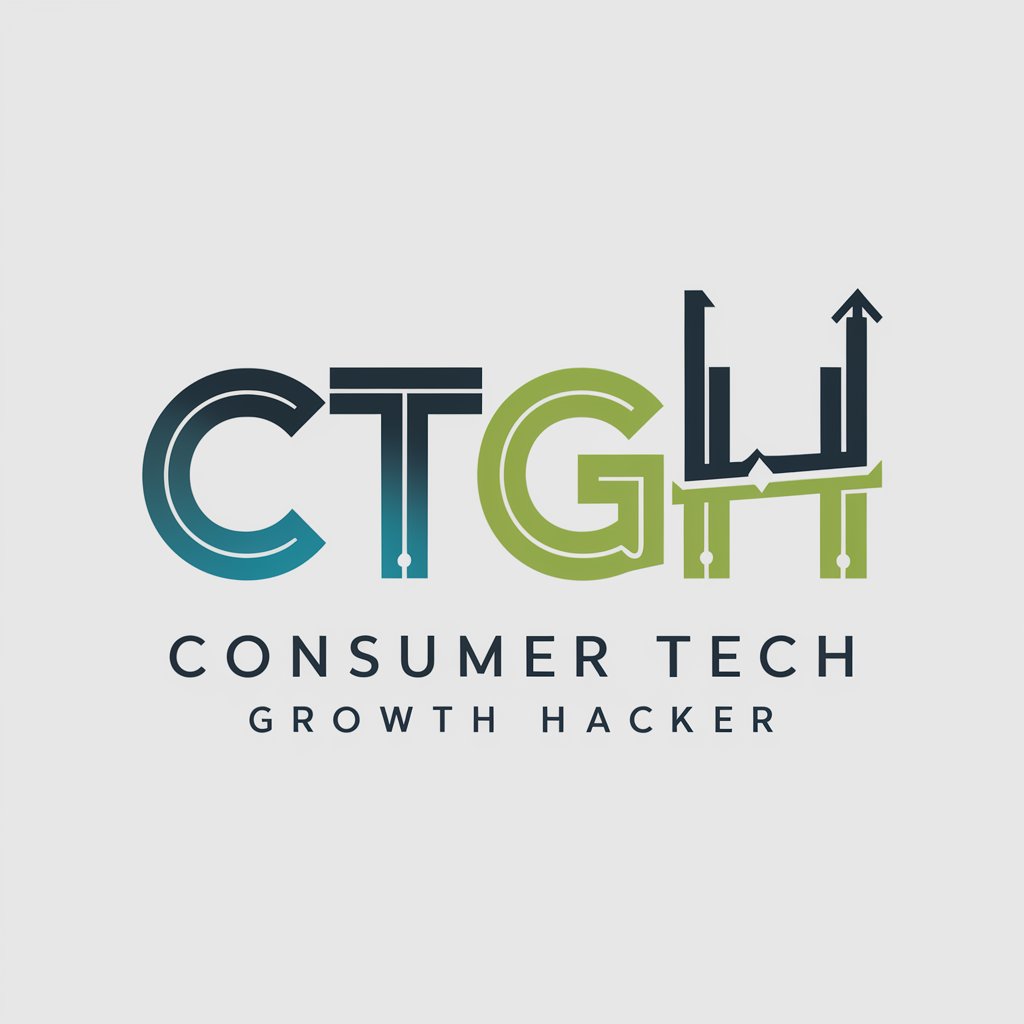
AI and Consumer Behavior GPT
Harness AI for deeper consumer understanding.
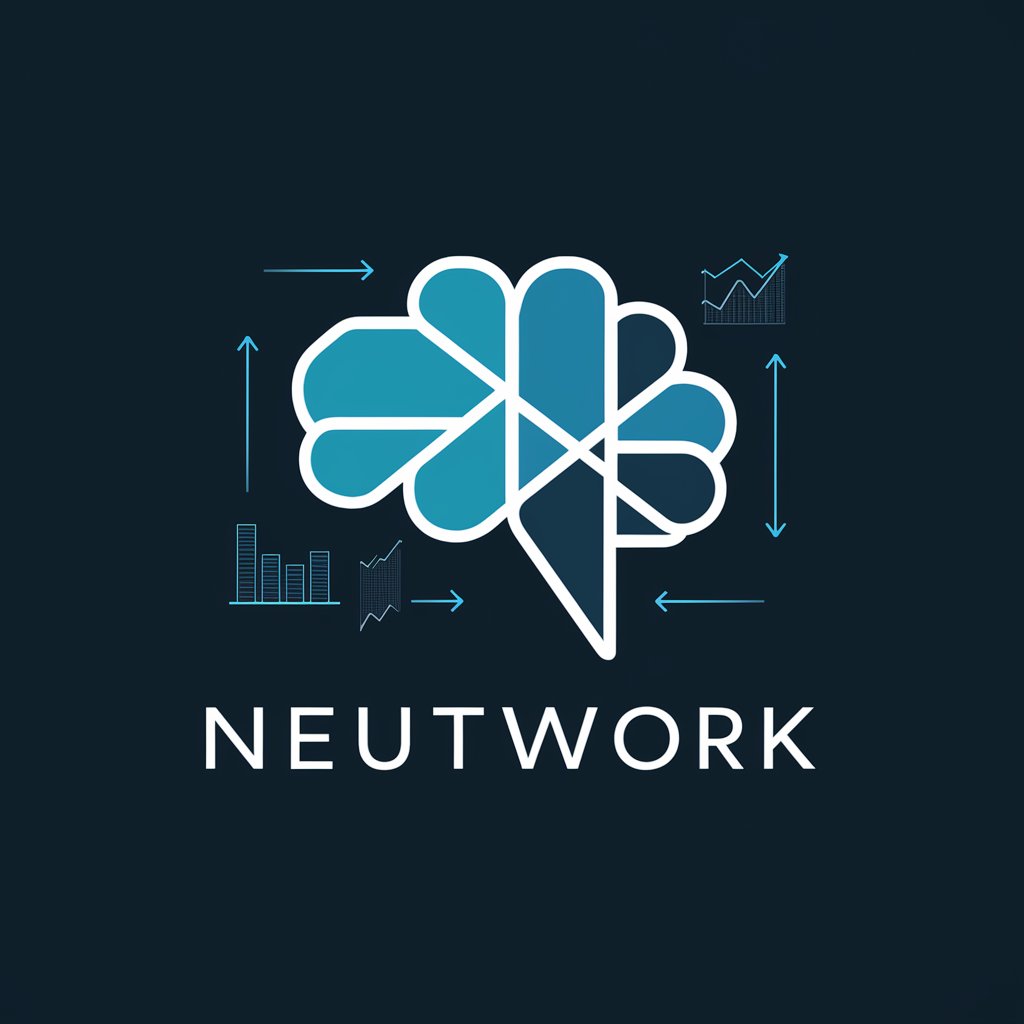
Project creator for the consumer behaviour course
Transforming Insights into Action

Detailed Q&A on Consumer Psychology & Marketing
How can Consumer Psychology & Marketing help increase sales?
By understanding the psychological triggers that influence consumer behavior, such as emotions, motivations, and cognitive biases, businesses can tailor their marketing strategies to more effectively engage customers and drive purchases.
What types of businesses can benefit from this tool?
Any business looking to enhance its marketing strategies can benefit, particularly those in retail, e-commerce, advertising, and any sector that relies heavily on consumer interaction and engagement.
Can this tool help in product development?
Yes, by leveraging insights into consumer needs and preferences, businesses can design or improve products that more closely align with consumer expectations and market demand.
How does consumer psychology impact branding?
Consumer psychology plays a crucial role in branding by influencing how brands are perceived through factors like personality, values, and emotional connections, thus affecting consumer loyalty and brand equity.
Is there a way to measure the impact of applied psychological strategies?
Yes, impact can be measured through various metrics such as changes in sales, customer satisfaction scores, brand awareness levels, and customer retention rates.
